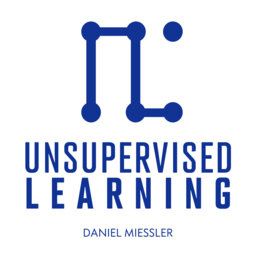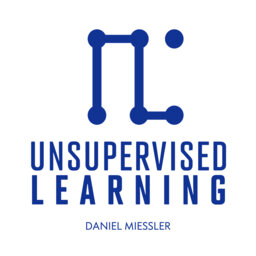NotebookLM Podcast: David Deutsch, Understanding, and AI
This is a NotebookLM podcast based on a long conversation I had with my AI, DARSA, on the topic of whether AIs truly understand things and/or are capable of creativity.
In 1 playlist(s)
Unsupervised Learning
Unsupervised Learning is about ideas and trends in Cybersecurity, National Security, AI, Technology,…Social links
Follow podcast
Recent clips

Judge AI based on Output, Not Mechanism
06:58

Humans Need Entropy
04:19

Why I Think Karpathy is Wrong on the AGI Timeline
09:54
 Unsupervised Learning
Unsupervised Learning